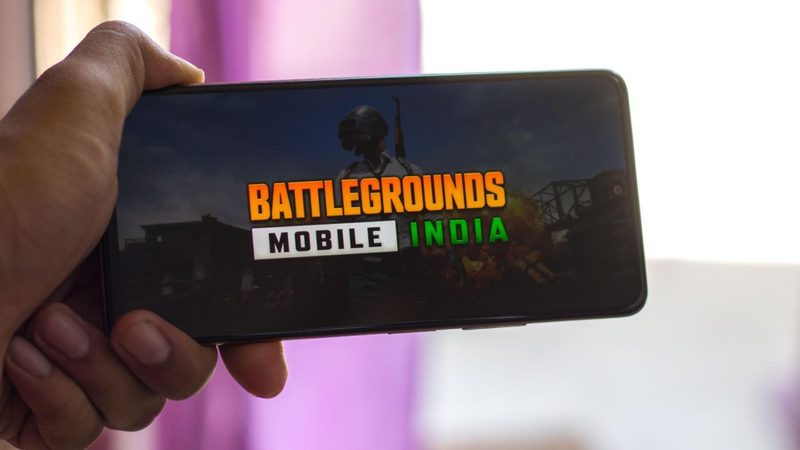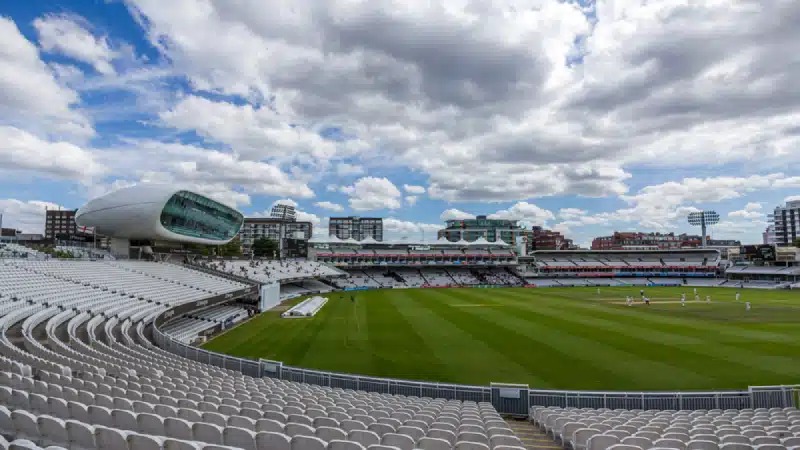
Battlegrounds Mobile India (BGMI), developed by Krafton, is one of India's most popular online multiplayer battle royale games.
Estimates last September suggested that there are approximately 34 million registered BGMI accounts in India, out of which a whopping 16 million users play it daily for numerous hours.
BGMI provides its fans and users an exciting blend of third-person perspective (TPP) and first-person perspective (FPP) survival shooting gameplay.
As many as 100 players can enter simultaneously and compete in a battle royale format where only one individual, the last man standing emerges victorious.
This exhilarating large-scale last-man-standing deathmatch has captivated the hearts and minds of millions across the country, propelling BGMI to the forefront as India's premier eSports game.
A game that requires both mental fortitude and physical skill to master, BGMI comes with its own list of glossaries.
One such example of something which BGMI enthusiasts use a lot is IGL. A commonly used abbreviation, let’s now explore what the IGL full form in BGMI stands for and its meaning.
IGL full form in BGMI
The IGL full form in BGMI stands for in-game leader. As already mentioned, BGMI is a game where several players compete simultaneously.
These players create teams to get the better of their opponents and competitors and the person who is in-charge of the team or is the captain, so as to speak, is known as the IGL or In-Game League.
As an in-game leader, he or she must fulfil several responsibilities. Starting from strategy and tactics to guiding their team to success, the IGL of a team must be capable of doing it all.
Ideally, the IGL must be experienced and have great game sense having plenty of years of practice under their belt.
They must also have good communication skills and a solid mentality to lead their team from the front and by example.
While guiding a team is the job of the IGL, decision-making is an important aspect to master before becoming the team lead.
Lest we forget, the fast-paced environment of BGMI makes it imperative for in-game leaders to be decisive and make swift decisions with conviction in pressure situations.
They must be capable of assessing the game state during crunch situations in the blink of an eye and make the correct call based on the available information with the betterment of the team always in mind.
Another quality all in-game leaders must possess in abundance is confidence. If an in-game leader isn’t confident, the team is doomed to fail from the start.
After all, it is the job of an in-game leader to make decisions in a confident manner that inspires confidence among his or her teammates and in turn makes them believe in the team’s ability, strategy and potential.
Hence, if the in-game leader isn’t confident themselves, how can they inspire confidence in others, which is why confidence is a key trait that all IGLs must possess.
Lastly, an IGL must always be capable of adapting to the always-changing situations that are synonymous with BGMI.
In-game leaders are required to be able to change or adapt their strategy and tactics in accordance with constantly evolving game situations.
An IGLs ability to pivot and change the course of a game if the initial strategy isn’t working is what separates the good in-game leaders from the truly great ones.
Photo credit: Alamy




















